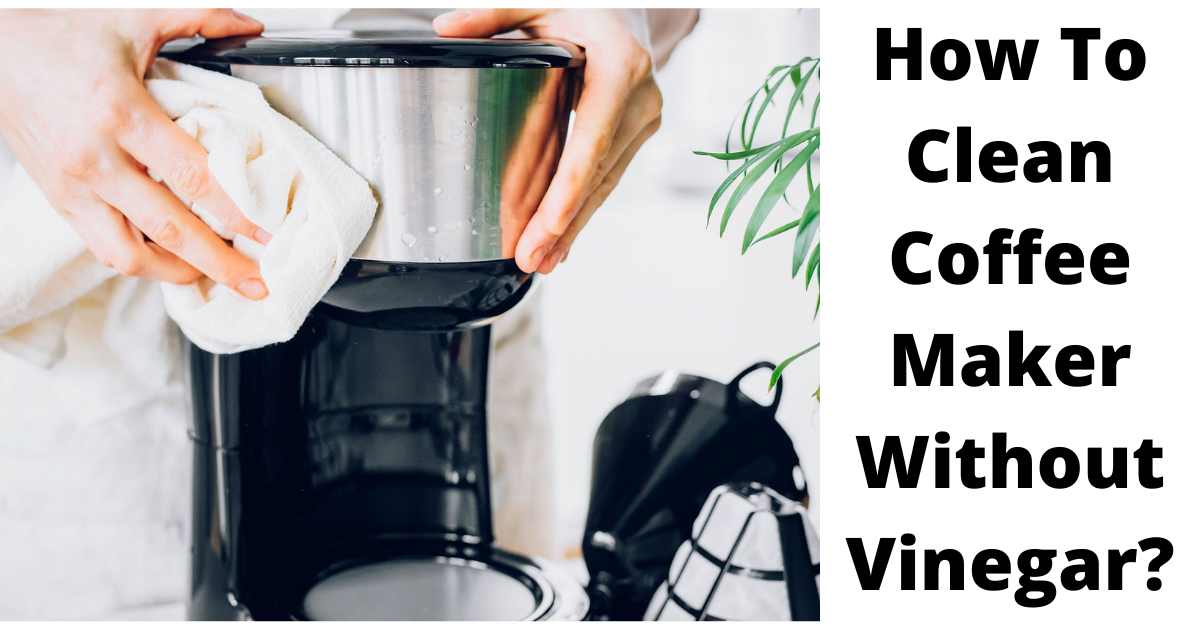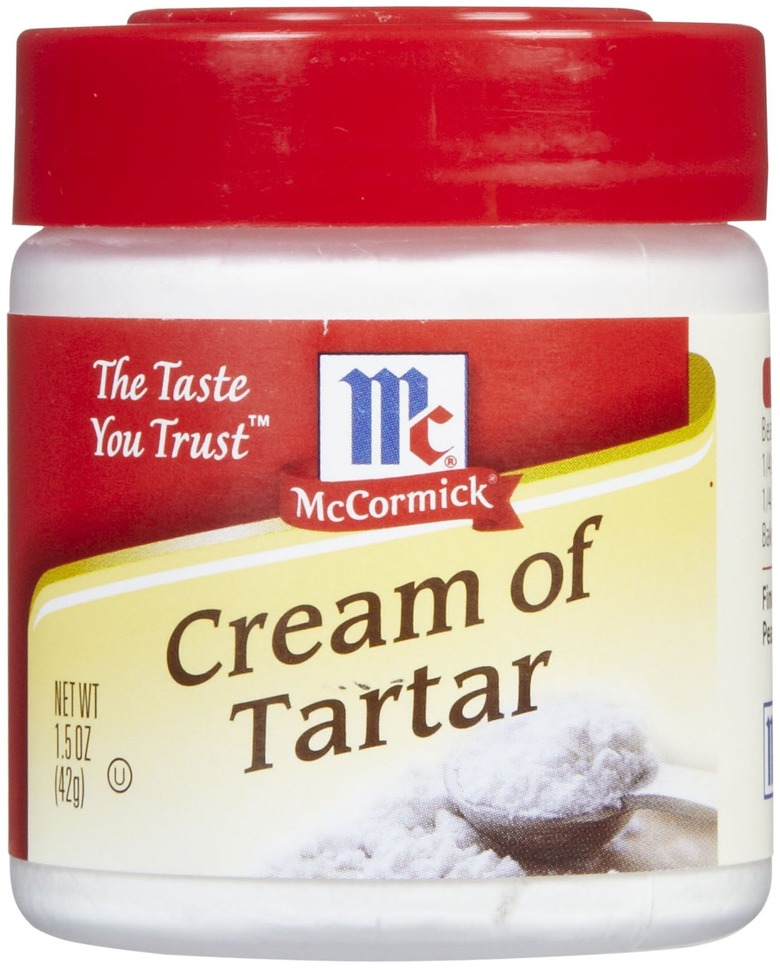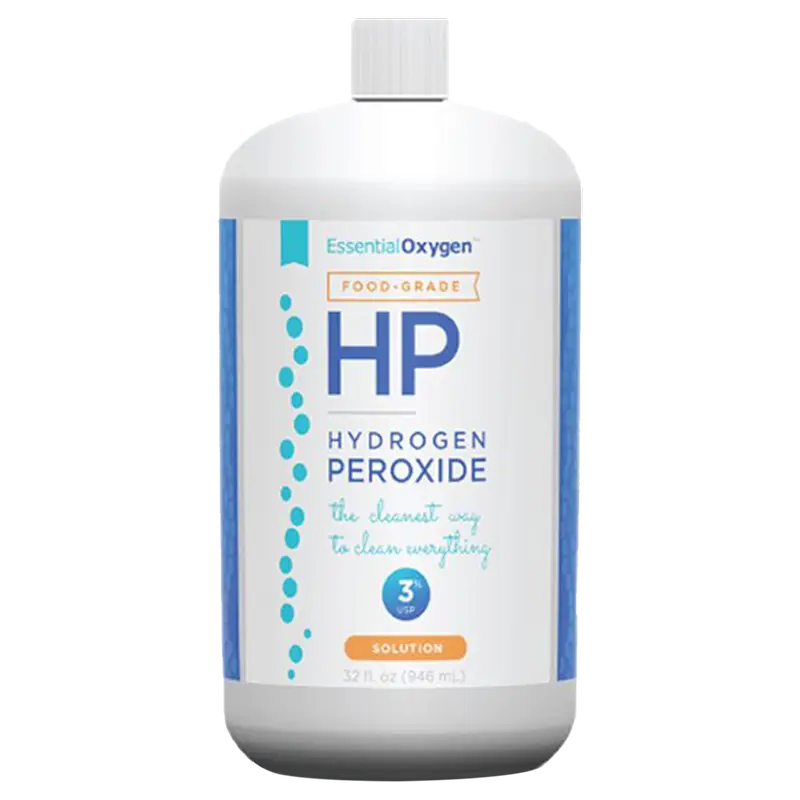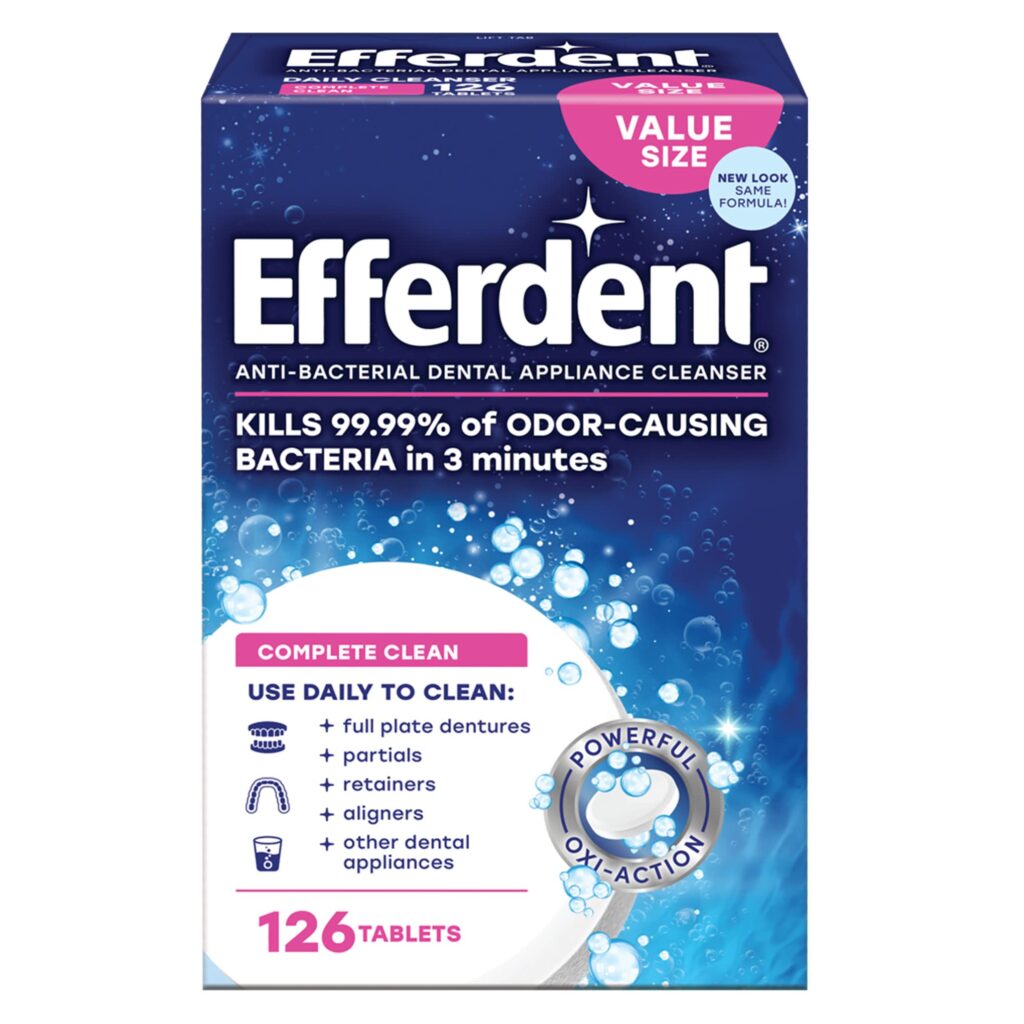How to clean maker without vinegar?

Keeping your espresso maker smooth is vital for ensuring the first-rate taste and durability of your gadget.
While vinegar is a common cleansing agent because of its effectiveness in casting off mineral construct-united states and descaling, its sturdy odor and capacity to leave a residual taste make it a less proper alternative for lots.
This article explores diverse strategies on how to clean maker without vinegar, employing effortlessly on-hand household objects as powerful options.
Is vinegar good for cleansing a coffee maker?
Vinegar is certainly a popular and effective method for cleansing coffee makers.
The acetic acid in vinegar is fantastic for descaling coffee machines, casting off mineral buildup, and sanitizing bacteria and mildew. Here’s why vinegar is a good alternative for cleansing your espresso maker:
- Descaling: Over time, hard water can result in mineral buildup in your coffee maker. Vinegar’s acetic acid efficiently dissolves these deposits, making sure your coffee maker operates effectively.
- Sanitizing: Vinegar has herbal antimicrobial properties, making it capable of killing microorganisms and mold that might develop in the wet surroundings of an espresso maker.
- Non-poisonous and Eco-friendly: Being a natural product, vinegar is a secure, non-toxic alternative to chemical cleaners. It’s additionally environmentally friendly without harming the atmosphere.
- Accessibility and Cost-effectiveness: Vinegar is a staple in lots of households and is notably less expensive, making it a without problems to be had option for habitual cleaning.
Pros and Cons Of Using Vineder for Cleaning Coffe Machine:
Pros:
- Effective at descaling, putting off mineral buildup.
- Eco-pleasant and non-poisonous, a safe alternative to chemical compounds.
- Antibacterial, helps sanitize the machine.
- Cost-effective and comfortably available in maximum households.
Cons:
- Residual scent and flavor can affect espresso taste if now not rinsed thoroughly.
- Limited disinfectant capability, now not effective towards all germs.
- Potential harm to elements may additionally harm rubber seals through the years.
- Not recommended by all producers, take a look at your espresso maker’s guide first.
The best alternative how to clean maker without vinegar
Lemon Juice Method
Lemon juice, with its natural acidity and pleasant aroma, gives an extremely good opportunity to vinegar.
Run this through your espresso maker, observed with the aid of more than one rinse cycle to make sure no lemon flavor is left at the back.
This method now not only cleans efficiently but also leaves your coffee maker smelling fresh.
- Mix equal parts water and lemon juice.
- Fill the reservoir with this mixture.
- Run a brew cycle.
- Follow with 2-3 rinse cycles with the use of just water.
Baking Soda Solution
It is acknowledged for its cleansing and deodorizing properties and makes an exquisite cleaning agent for espresso makers. Rinse thoroughly in a while to put off any capacity aftertastes, ensuring your subsequent cup of coffee is as natural as supposed.
- Dissolve a quarter cup of baking soda in water.
- Pour into the reservoir.
- Run a brew cycle.
- Rinse with 2-3 cycles of undeniable water.
Cream of Tartar
It is a byproduct of winemaking and contains tartaric acid, which is powerful in putting off mineral deposits. Though much less commonly used, it is an effective cleaner for the ones seeking to avoid vinegar.

- Mix teaspoons of cream of tartar with water to fill the reservoir.
- Run a brew cycle.
- Rinse with numerous water-handiest cycles.
Hydrogen Peroxide Cleaning
As a slight antiseptic, hydrogen peroxide can smooth your espresso maker without the harshness of more potent chemical substances. This technique ensures a deep clean without leaving harmful residues.

- Combine one element of hydrogen peroxide with components of water.
- Fill the reservoir with this answer.
- Run a brew cycle.
- Rinse very well with numerous cycles of just water.
Denture Tablets
Denture tablets are an unconventional but effective method for cleaning coffee makers.
These drugs are designed to combat mineral construct-united States of America and kill microorganisms, making them appropriate for coffee system preservation.

- Fill the reservoir with water.
- Add a couple of denture tablets and allow them to dissolve.
- Run a brew cycle.
- Rinse with 2-3 cycles of undeniable water.
Using Borax
It is a versatile factor located in mouthwash, toothpaste, and numerous cleaning sellers, and is likewise a powerhouse for cleaning your espresso maker.
Its efficacy in banishing stains and microorganisms opponents that of vinegar and general cleaners, making sure your espresso system remains in pristine circumstance.
- You will need a few scoops of borax and water.
- Mix borax to the water and run a cleaning cycle.
- Make sure you rinse the coffee maker well before brewing to remove any borax sediments.
- Run 2-3 cycles with clean water.
Dish Soap and Warm Water
In each kitchen, dish soap is a staple for tackling greasy and sticky residues from meals, making it a noticeably effective solution for cleaning your coffee machine too.
Its smooth availability and powerful cleaning abilities can be prolonged beyond dishes to your loved one espresso maker.
- Add dish-cleaning soap to the water tank.
- Fill the tank with warm water for green cleansing.
- Start the brew cycle for machine cleansing.
- Thoroughly rinse with clean water till no soap remains.
FAQs:
What can I run through my coffee device to ease it?
The only substance you should use to smooth your espresso machine is an espresso device-specific espresso detergent, like Urnex Cafiza Tablets.
These cleaners are formulated to break down coffee oils but additionally to dissolve easily in water so that they may not create any build-up inner of the machine.
Is the descaler higher than vinegar?
Citric acid has a decreased PH level than vinegar, so you may not need to contend with lingering odors as you do with vinegar.
What occurs if you don’t describe your espresso gadget?
If your machine is left on its own without cleaning, that residue could have a few unwanted consequences for your coffee: Your espresso will start to taste bitter.
Your coffee and coffee system will produce an acrid odor. Coffee residue can cause clogging and blockages that may render a system unusable.
Does vinegar damage espresso machines?
Vinegar can damage the internal components of the coffee machine, particularly the seals and the rubber gaskets.
In addition, it’s far very hard to rinse, and its smell and flavor will continue to be for a long time in the espresso gadget.
Conclusion:
Exploring options How to clean maker without Vinegar can result in greater quality aromas and ensure the durability of your device without compromising the taste of your coffee.
Whether you select lemon juice, baking soda, or another approach, everyday cleansing is important.
Experiment with these alternatives to discover the fine answer to your espresso maker preservation recurring.
By retaining a smooth coffee maker, you ensure that each cup of coffee you brew is as scrumptious as the last, preserving your morning ritual enjoyable.




